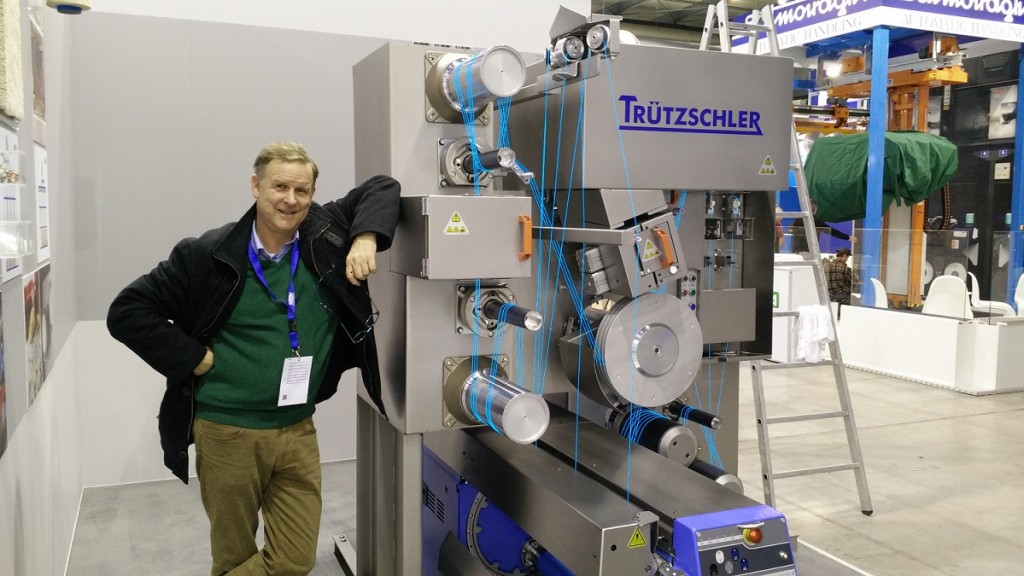Trützschler Nonwovens will be exhibiting at ITMA 2015 under a central theme, ‘Processes and machines to improve economic efficiency at our customers are in the spotlight’. Trützschler Nonwovens will focus on the variety of manufacturing processes, especially concerning web bonding, in addition to total system concepts. Individual components and models will demonstrate innovations in spunlacing, needling as well as thermal and chemical bonding. The range on display includes the modular AquaJet, an efficient dryer, a new patented structuring process for the thermo bonder, quality increase in needling, and the high-speed foulard for ADL systems. “The significant speed advantages of the newly developed liquid foulard are based on special geometries and roll surfaces,” it stated. “The result is an increased economic efficiency in the production of light-weight, chemically bonded nonwovens,” Trützschler informed. Another new product is the thermobonded nonwovens with 3D effect and large volume that can be produced in-line in the Omega oven with special equipment. Voith Paper, the cooperation partner for wet laid, hydroentangled nonwovens, is also represented on the Trützschler stand. Together with the AquaJet, the dryer and winder from Trützschler Nonwovens, the Voith HydroFormer results in a powerful machine combination whose application goes far beyond the production of flushable wipes.
The Trützschler Man-Made Fibres business division will introduce a new generation of staple fibre machines as a complete package and also as modular components
The new modular components demonstrate their advantages not only in complete Trützschler installations but are also ideal as plug-and-play units when modernising existing installations. The division has also developed ‘Hollow Conjugate Fibres’ a new type of self-crimping fibres, distinguished by an extremely environmentally friendly spinning process. In the filaments segment, the focus will be on the new 3-end spinning system M30 with reliable components such as the polymer-independent spin beam and the HPTex texturing system. According to Trützschler, the portfolio thus now covers 2-end, 3-end and 4-end concepts for various polymers, including recycled material. “Now it is possible to respond to all process requirements as well as spatial or economic conditions even more effectively,’ it observed.